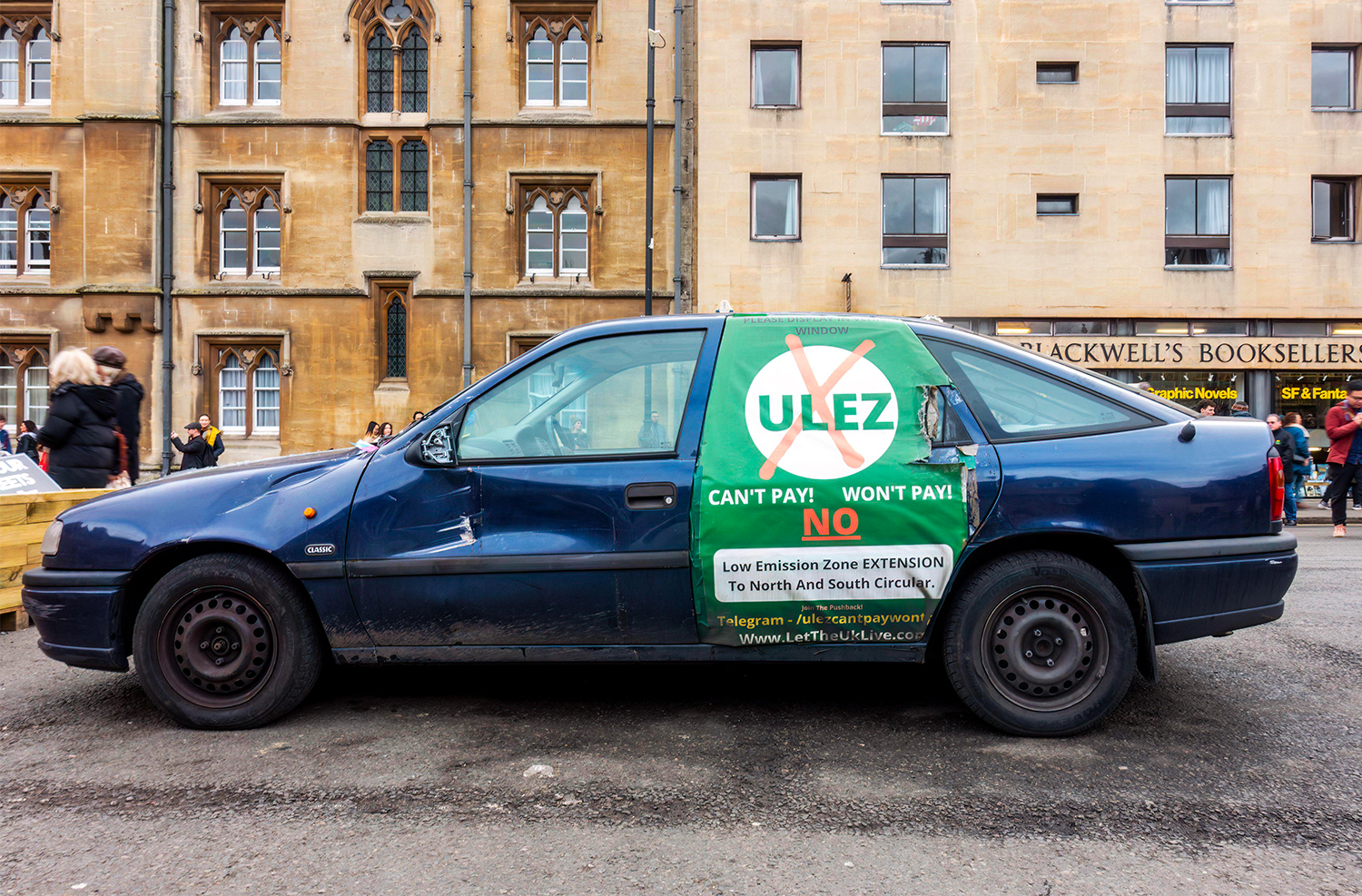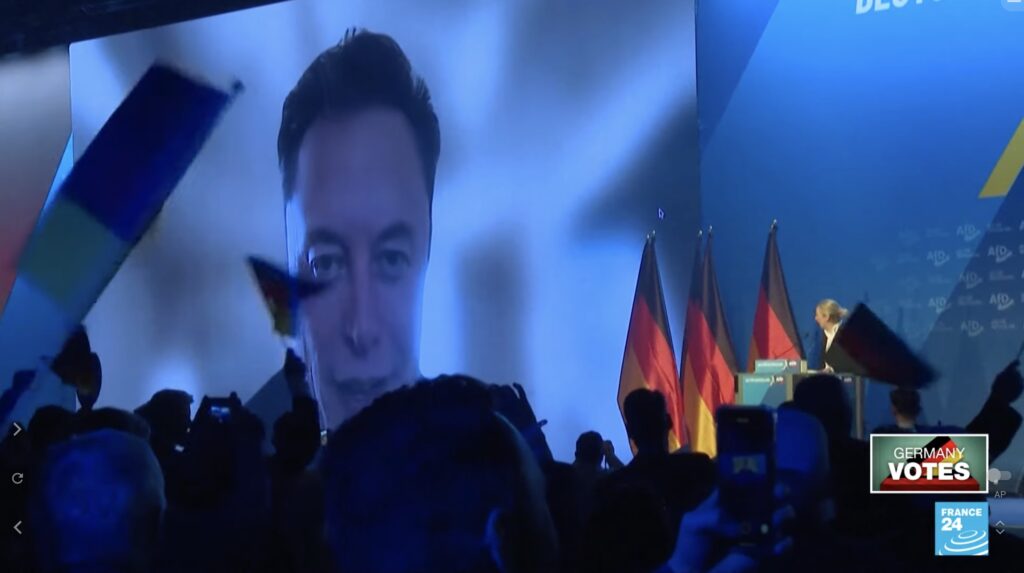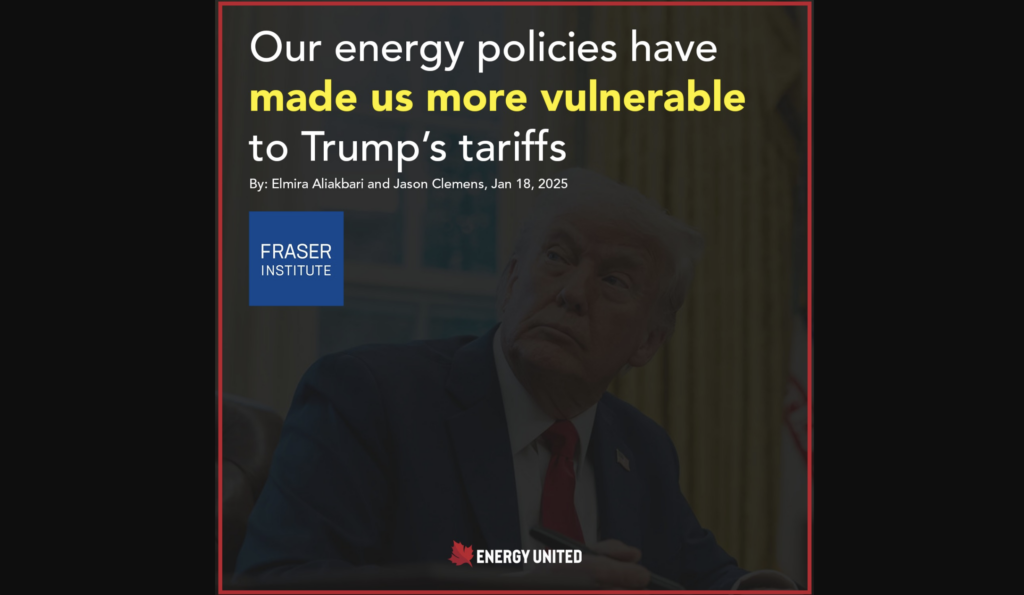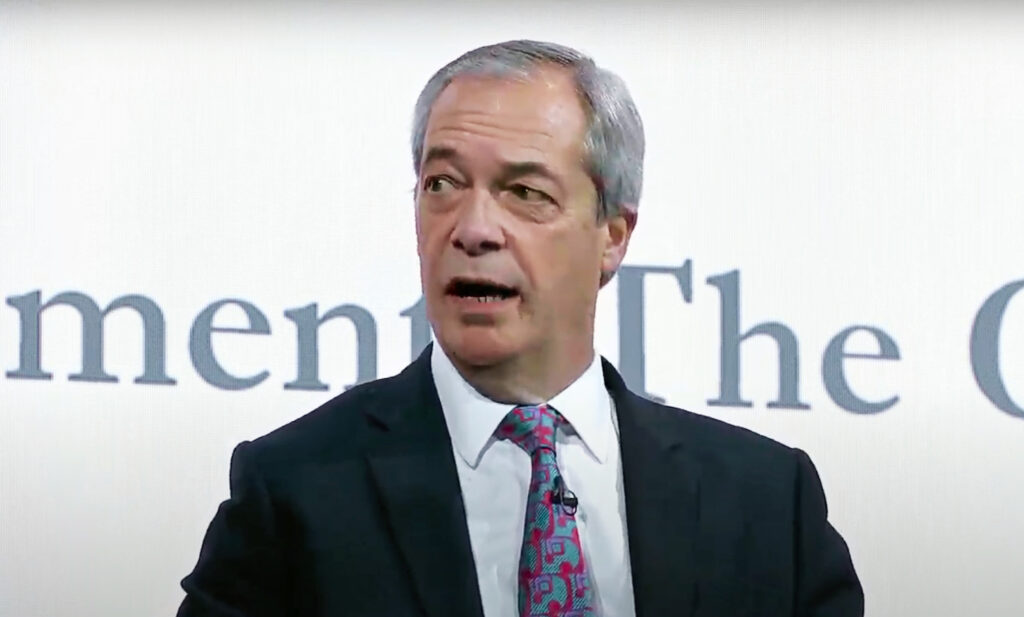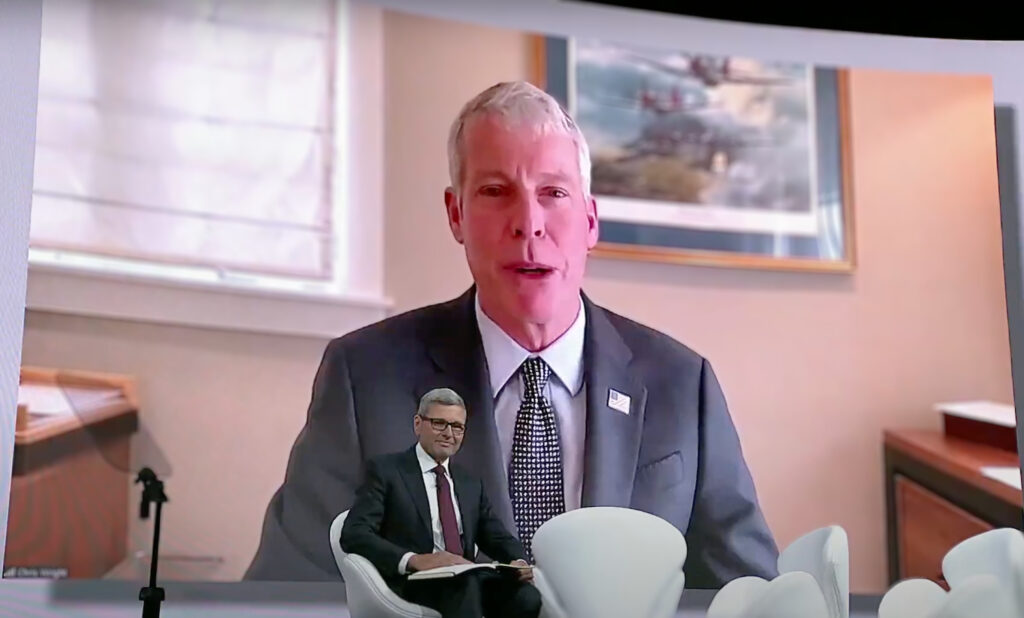The Conservatives deployed anti-ULEZ adverts on Facebook in March and April that were seen on more than three million occasions, DeSmog research has found.
The party has engaged in a concerted online campaign against the expansion of London Mayor Sadiq Khan’s Ultra Low Emission Zone (ULEZ), which has been the subject of more than a quarter (28.4 percent) of the 88 adverts that were launched during this period.
Although London boroughs are not going to the polls in the 2023 local elections coming up on on 4 May, the proposed ULEZ expansion has been a key campaign issue in the areas bordering the capital, many of which are set to vote.
According to Facebook data, the Conservative Party’s 25 anti-ULEZ adverts were seen between 3 to 3.5 million times, at a cost to the party of up to £19,100.
This is despite the government’s 2021 Decarbonising Transport Plan, which lauded the Labour mayor’s efforts on air pollution for its “significant impact on air quality” and on “reducing the number of older, more polluting vehicles that enter London’s central zone.”
Grant Shapps, who was at the time transport secretary and now serves as energy security and net zero secretary, wrote in the foreword to the plan: “We cannot pile ever more cars, delivery vans and taxis onto the same congested urban roads. That would be difficult for the roads, let alone the planet, to tolerate. As we build back better from the pandemic, it will be essential to avoid a car-led recovery.”
Khan intends to expand the ULEZ, which was first introduced in April 2019, to all London boroughs from August this year. Under the scheme, a daily charge of £12.50 will be levied on those who drive polluting vehicles that don’t meet minimum standards for exhaust fumes. Virtually all new cars sold in the UK since 2005 meet ULEZ emissions standards. The ULEZ currently only covers the area within London’s north and south circular roads.
According to a City Hall report published in February, harmful pollution levels in central London have reduced by 46 percent compared to a scenario without the ULEZ. The scheme has brought a 56 percent reduction in nitrogen dioxide levels in central London, 47 percent in inner London, and 37 percent in outer London, compared to levels in 2017. The report was carried out by City Hall and independently peer reviewed by Dr Gary Fuller at Imperial College London.
“The Conservatives should spend less time trying to turn ULEZ into a culture war, and more time getting on with the job of cleaning up the air in our cities,” Hirra Khan Adeogun, head of Car Free Cities at climate charity Possible, told DeSmog.
“All the science shows that our toxic air is a public health emergency, and all the evidence shows that getting the dirtiest cars off our roads has a hugely positive impact on the air we’re all breathing.”
The Facebook Offensive
The Conservative adverts are all strongly critical of the ULEZ expansion. Some of the adverts link to news stories highlighting negative impacts – which are highly disputed – of the expansion on small businesses while others feature pictures of Khan and Labour Leader Keir Starmer, calling the expansion a “driving charge”.
All of the adverts link to a Conservative petition to “stop Labour’s ULEZ expansion”. Experts in election data laws have previously criticised the Tories for using petitions and polls to harvest data from signatories without consent.
The reach of the anti-ULEZ adverts has also increased over the last two months – from up to 1.53 million in March, to up to 1.93 million in April.
The advert with the highest reach ran between 12 and 29 April and was seen between 800,000 and 900,000 times. Facebook data shows that the Conservatives spent between £4,000 and £4,500 on this advert, which featured the text from a BBC article noting that “More than 1 [million] people outside London” are set to be affected by the ULEZ expansion.
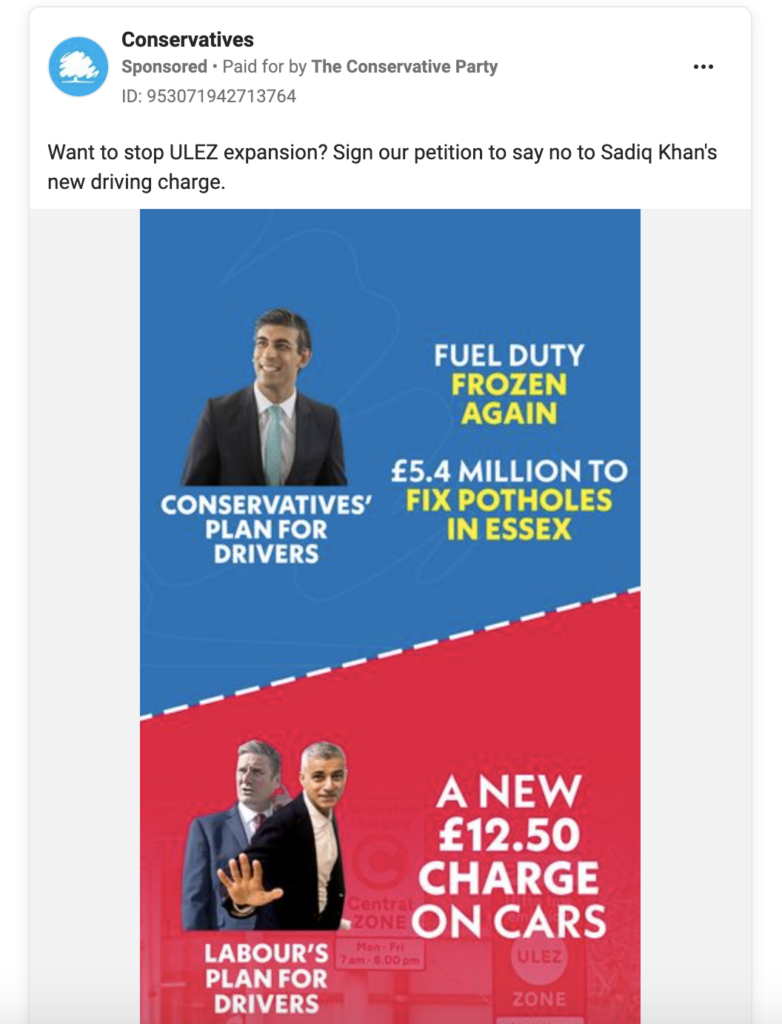
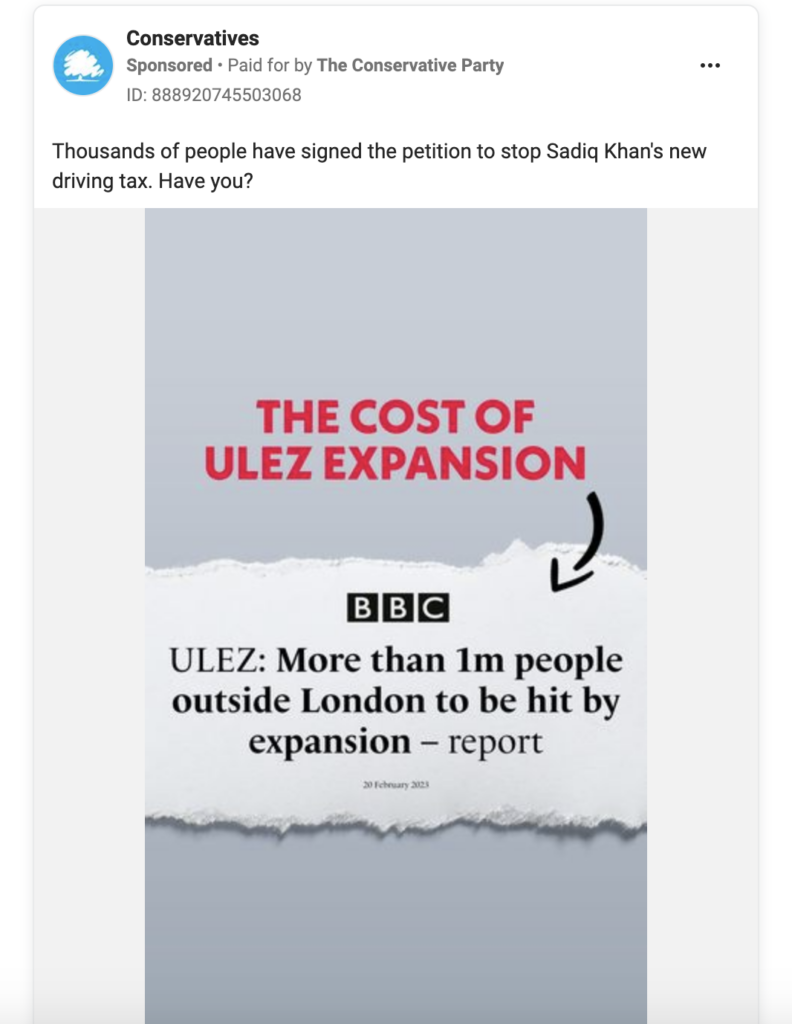
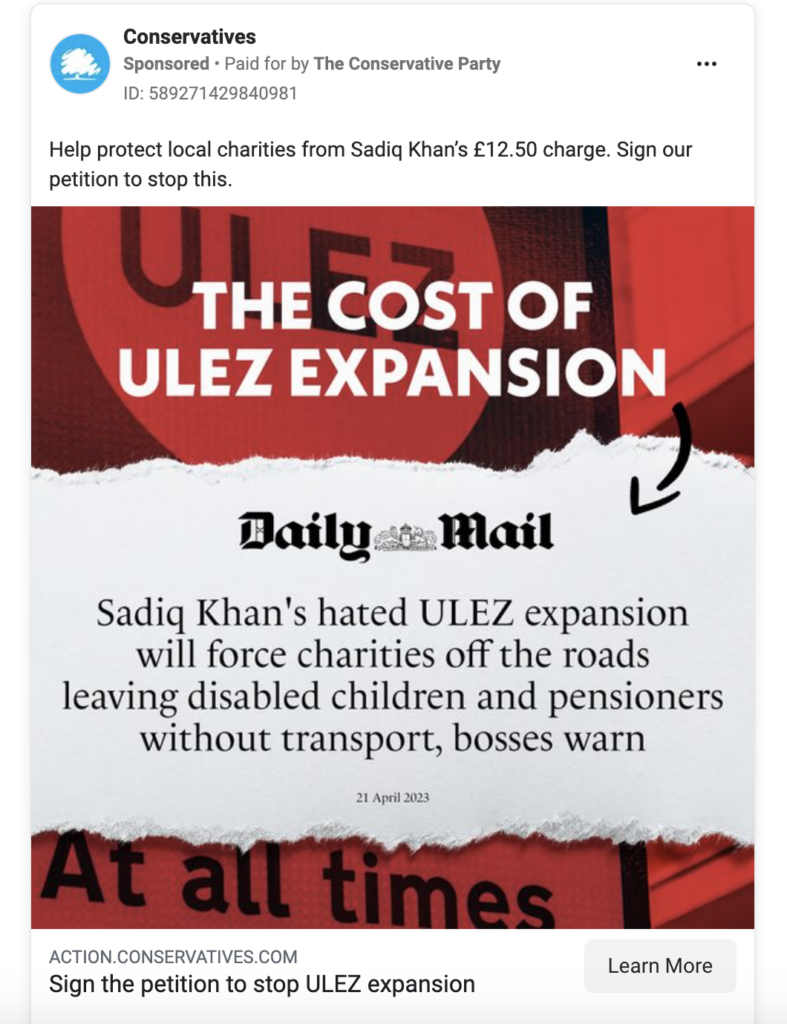
Nine of the 25 anti-ULEZ adverts launched by the Conservatives during the period were each seen more than 100,000 times. The total cost of the 25 adverts to the party was up to £19,100, contributing to the £1.17 million that the Conservatives have spent on Facebook adverts since November 2018.
The London Conservatives Facebook page also ran 14 adverts in March and April – all of them targeting the ULEZ expansion.
This isn’t the first time that the Conservatives have used Facebook adverts to rally against low-emission zones. A Guardian investigation in September 2021 found that 17 Conservative MPs, candidates or local Tory associations had taken out 50 adverts criticising clean air zones, often before local elections.
Sunak Does Battle with Green Transport
Prime Minister Rishi Sunak urged Khan to “reconsider” the ULEZ expansion, responding to a question at Prime Minister’s Questions (PMQs) in January. He said: “It is disappointing that the mayor, backed by the leader of the opposition, is choosing not to listen to the public, expanding the zone against the overwhelming views of residents and business.”
On 12 April, Surrey county council and four London borough councils – Hillingdon, Bexley, Bromley, Harrow – were granted permission to challenge the ULEZ expansion in the High Court. However, only two of the five grounds they presented for the case were found to be “arguable”.
Sunak has commended this campaign and other similar efforts to challenge low-emission and low-traffic zones, praising a recent local by-election victory in Cambridge, where he said “a big part of the pitch” by the Conservative candidate “was about congestion charging”.
Sunak paid “tribute to our hard working councillors and other activists who are highlighting these issues and the damage that they do.”
His opposition flies in the face of the government’s own Climate Change Committee (CCC), which advises on reducing greenhouse gas emissions. The CCC says that the expansion of road pricing (i.e. charging polluting vehicles for being on the road) will be needed to help achieve the government’s goal of reducing surface transport emissions by around 75 percent by 2035.
This was recognised in the government’s Net Zero Strategy, which said that “targeted action may be required, such as steps to reduce use of the most polluting cars and tackle urban congestion, to enable these targets to be met.”
The Department for Transport and the Conservatives did not respond on the record to our requests for comment.
Misleading Claims
In particular, the controversy surrounding the ULEZ expansion has focused on the extent to which it will reduce pollution, and its impact on individuals and firms with non-compliant vehicles.
However, the debate has played host to false claims, which have been disseminated via Facebook adverts.
For example, the TaxPayers’ Alliance (TPA), a leading libertarian think tank, ran a Facebook advert from 6 to 10 April that featured Conservative London Assembly Member Shaun Bailey, who stood against Khan as the party’s 2020/21 mayoral candidate. In the video clip, Bailey claimed that “in the mayor’s own study, it said that 20 percent of small businesses will just die because of the expansion of the ULEZ”.
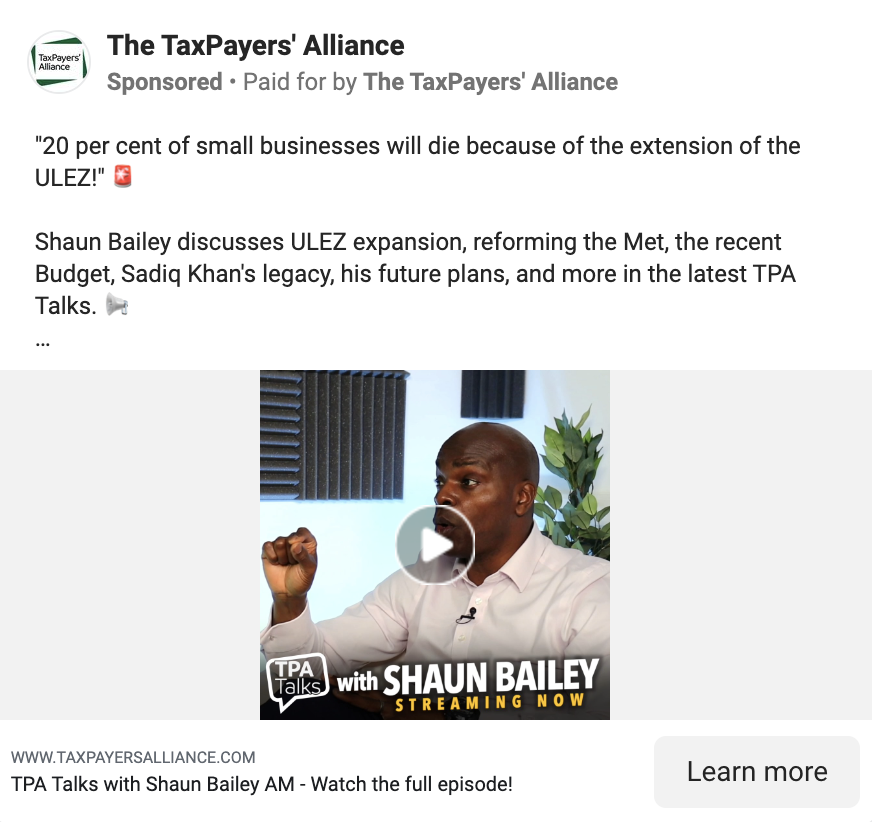
When approached by DeSmog, a press officer for City Hall Conservatives pointed out that Bailey’s claim was based on a survey by the Federation of Small Businesses (FSB), not the mayor’s office. The FSB’s study found that 18 percent of small businesses with non-compliant vehicles – not all small businesses – said that they would be forced to close after the ULEZ expansion.
The methodology of the study does not appear to have been released, and it’s unclear whether the respondents were fully aware of the mayor’s scrappage scheme, under which individuals will be offered grants to scrap non-compliant vehicles.
The press officer further pointed to a 2022 study from the construction services firm Jacobs, which looked at the potential economic impact of the expansion. However, Jacobs did not predict a marked impact of the ULEZ extension on businesses in outer London, calculating an “increase in the cost of doing business for those firms with non-compliant vehicles would be of the order of £18 million per year (2023 to 2030), within the context of Greater London’s annual economy of £503 billion.”
The report added that: “It is anticipated that in aggregate the proposed scheme would have no material impact on London’s economy but a minor negative impact on SMEs in certain sectors of the economy, including tradespeople, street markets, and self-employed delivery drivers.”
The City Hall study published in February estimated that 94 percent of vehicles operating in the current ULEZ boundaries meet emissions standards. The Jacobs report cites Transport for London figures which estimate that 91 percent of private cars, 97 percent of private hire vehicles, and 82 percent of light goods vehicles in outer London meet ULEZ emissions standards.
City Hall Conservatives did not respond when we pointed out that the FSB’s findings only covered those with non-compliant vehicles, rather than all small businesses in London as Bailey had claimed.
“There has been a huge amount of information published around ULEZ expansion, including a sizable amount of misinformation,” a Mayor of London spokesperson told DeSmog.
“Expanding the ULEZ London-wide will enable millions more people to breathe cleaner air. For vehicles that aren’t ULEZ compliant, the mayor has introduced the biggest vehicle scrappage scheme of any city in the UK.
“The experts are clear that around 4,000 Londoners die prematurely each year due to toxic air pollution, children are growing up with stunted lungs and thousands of people in our city are developing life-changing illnesses, such as cancer, lung disease, dementia and asthma.”
The TPA is based in 55 Tufton Street, Westminster, which has historically acted as the axis of activity among influential libertarian groups. As revealed by DeSmog in April, directors at Tufton Street groups have donated more than £600,000 to the Conservatives since Sunak became prime minister in October. More than half a dozen Tufton Street alumni also currently serve as special advisers to the government, while seven ministers have appeared at events hosted by Tufton Street groups since Sunak became prime minister in October.
These groups have often acted as a blocker to climate action. All are known for their anti-big-state and pro-fracking views, while their anti-green stances range from opposition to state-led climate intervention to active climate science denial.
Fitting this trend, the TPA has advocated for an end to the moratorium on fracking for several years, and has criticised environmental taxes, claiming they are placing a “burden” on energy suppliers and individuals amid the cost of living crisis.
The TPA did not respond to our request for comment.
Subscribe to our newsletter
Stay up to date with DeSmog news and alerts


